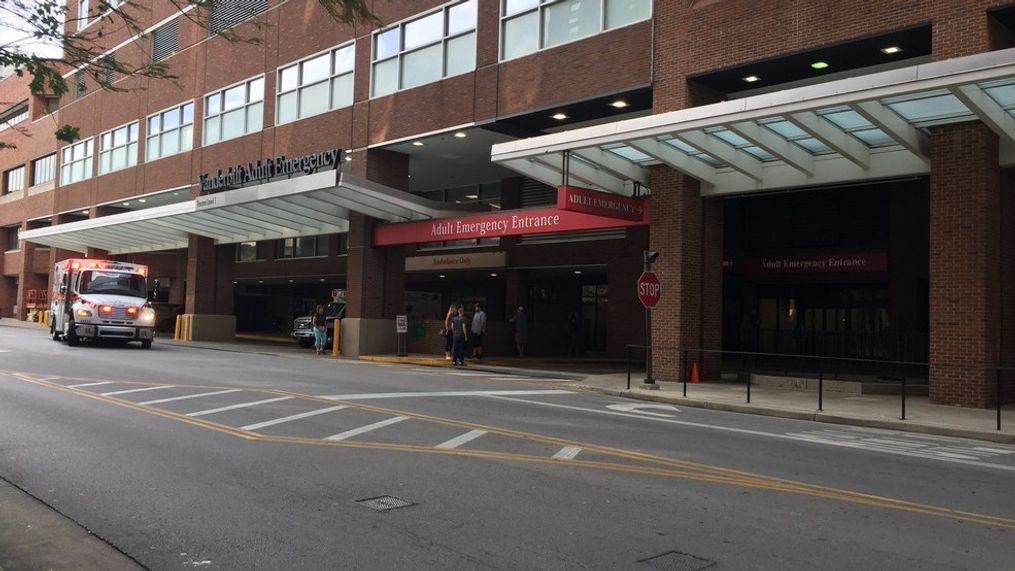AstraZeneca seeks regulatory approval for monoclonal antibody cocktail discovered at Vandy

NASHVILLE, Tenn. (WZTV)— A monoclonal antibody “cocktail” discovered by researchers at Vanderbilt University Medical Center reduced the risk of COVID-19 symptoms among chronically ill and immunocompromised adults later exposed to the virus by more than 75 percent, AstraZeneca announced Friday.
The company reported that AZD7442 is the first non-vaccine antibody combination to demonstrate the prevention of COVID-19 in a clinical trial that was made up of more than 5,000 participants. Seventy-seven percent of participants live with conditions that can cause a reduced immune response to vaccinations.
With the PROVENT Phase III trial’s results in mind, AstraZeneca is now seeking regulatory approval for AZD7442. Vanderbilt described it as a combination of two long-acting antibodies given in one-dose pre-exposure prophylaxis. They say it may be more effective than a vaccine for chronically ill patients.
“The near-term availability of AZD7442 comes at an opportune time,” added Robert Carnahan, Ph.D., associate director of the Vanderbilt Vaccine Center. “It is clear that we need additional solutions beyond vaccines to protect those most vulnerable members of our society, such as the immunocompromised.
“These studies specifically targeted patients with comorbidities where interventions beyond a vaccine are warranted,” Carnahan added.
According to AstraZeneca, the antibody treatment administered via intramuscular injection only brought about minor side effects and could give patients up to one year of protection from COVID-19. Preliminary findings hint that the cocktail may also protect against virus variants, including the delta variant.
“It’s deeply gratifying to see the antibodies we isolated under challenging circumstances, in the middle of the international lockdown last spring, protecting the most vulnerable amongst us,” said James Crowe Jr., MD, director of the Vanderbilt Vaccine Center who led the VUMC research effort. “This single-shot prevention is likely to be a game-changer for at-risk patients.”
Crowe and his colleagues started working on the long-acting antibodies against the clock last year. Six of the antibodies they discovered were licensed to AstraZeneca before eventually advancing into clinical trials.
The research was funded by the Dolly Parton COVID-19 Research Fund at Vanderbilt, the National Institute of Allergy and Infectious Diseases, part of the National Institutes of Health, the Defense Advanced Research Projects Agency of the U.S. Department of Defense, and Merck KGaA, Darmstadt, Germany.
Get reports like this and all the news of the day in Middle Tennessee delivered to your inbox each morning with the FOX 17 News Daily Newsletter.
